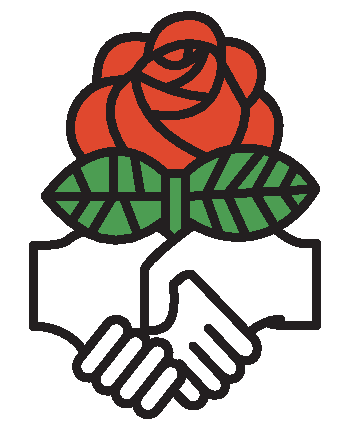The Impact of the Global Financial Crisis on Women
Petrovac, Montenegro, 26-27 June 2009
Resolution
The world is now going through the greatest financial crisis since the Great Depression and it may turn out to be the greatest financial crisis ever. Even with an impressive array of economic international institutions like the International Monetary Fund (IMF), the World Bank, the Organisation for Economic Co-operation and Development (OECD) and many central banks, the financial crisis could not be prevented. In other words these institutions have failed. The crisis can be called a man made disaster, because women are still insignificant bearers of political power on all levels and virtually excluded from decision-making positions in the financial and economic sector. However as with previous financial crises women and children are the most affected.
In general, national recovery plans give priority to the industrial sector. As a result companies that receive financial support are disproportionately male, for example the construction, transport and car industry. This means that support is given to the future of men’s employment without offering more space for women and this leads to greater inequality in terms of opportunities for women in their economic development. For instance, in Asia women are most likely to have jobs in the informal sectors of the economy with virtually no job security and lower wages which makes them more vulnerable to unemployment without any financial compensation. In factories women are more likely to be less skilled than men and therefore more likely to be the first to be made redundant. Since employment in the care sector is dominated by women, cuts in public spending on social services affect mostly and severely women, increasing their domestic and care-giving tasks.
Never before the livelihoods of so many people in the world’s poorest countries have been so directly affected by circumstances in the richest countries. For many of the poorest countries remittances from immigrants in developed nations are a major source of household income. Because of the rise of unemployment in Europe and North America remittances to Latin America, Africa and Eastern Europe have reduced substantially. Studies have shown that when household income declines girls are more likely to be withdrawn from school in order to contribute towards the household income. This is a cause of great alarm because girls and women may even end up being trafficked with the promise of a job and pushed into prostitution.
Social democratic governments have the moral obligation to prevent a rise in poverty, inequality and exclusion. Ending global poverty begins with women. Women in developing countries are more likely to spend their income on food, education and health care for their children, which will reduce poverty in the long term. Greater economic opportunities need to be implemented as a way of empowering women and their families to combat poverty.
The global economic crisis is a threat to development, but it also presents an opportunity for world leaders to push the development agenda forward. Also, development aid needs to be sustained rather than drastically reduced in order for governments to meet the Millennium Development Goals (MDGs).
Micro-credit schemes have been very successful in allowing the poorest women to have access to small loans. Micro-credit is a lifeline for women and needs special protection during economic crises.
The current crisis can provide an opportunity to acknowledge that the time has come to involve women in the running of economies. Women are entitled to be in positions of financial decision-making. Also, it is important to highlight the fact that women have a different, more cautious approach to risk taking. Therefore the inclusion of women in financial decision-making may change strategic priorities of financial institutions in a way that benefits not only women, but also the system as a whole.
In addition, this financial crisis is an opportunity to show that another vision of the world is possible, a more inclusive world in which equality between women and men will lead to a sustainable and effective implementation of human rights, to democracy and good governance.
Gender budgeting is an application of gender mainstreaming in the budgetary process. It means gender-based assessment of budgets, incorporating a gender perspective at all levels of the budgetary process and restructuring revenues and expenditures in order to promote gender equality. However, since gender budgeting initiatives in many countries have been implemented outside the macro-economic policy framework, they sometimes failed to benefit women.
The Socialist International Women (SIW) calls on governments to:
• Address the gender dimension of the impact of and the solution to the economic crisis;
• Invest in childcare, education, health care and other social services, as this will ensure an equal start in life for the children of the socially excluded, diminish unjust social differences and generate jobs for women;
• Take into account the gender dimension in the new rules and regulations of the global financial system;
• Take into account the gender dimension when drafting and implementing recovery plans and when investing in and financially supporting companies;
• Put pressure on the international financial institutions such as the World Bank and the IMF to continue to provide financing for micro-credit schemes that benefit women;
• Ensure that gender responsive budgets are founded on a gender-sensitive macro-economic policy framework;
• Introduce legislation which makes gender budgeting mandatory as well as ensuring its strict implementation and
• Change electoral systems in order to ensure equal representation of women and men in all decision-making bodies at all levels, as well as enforce by law the same rules in financial institutions and company boards regardless of their status as private or public.

